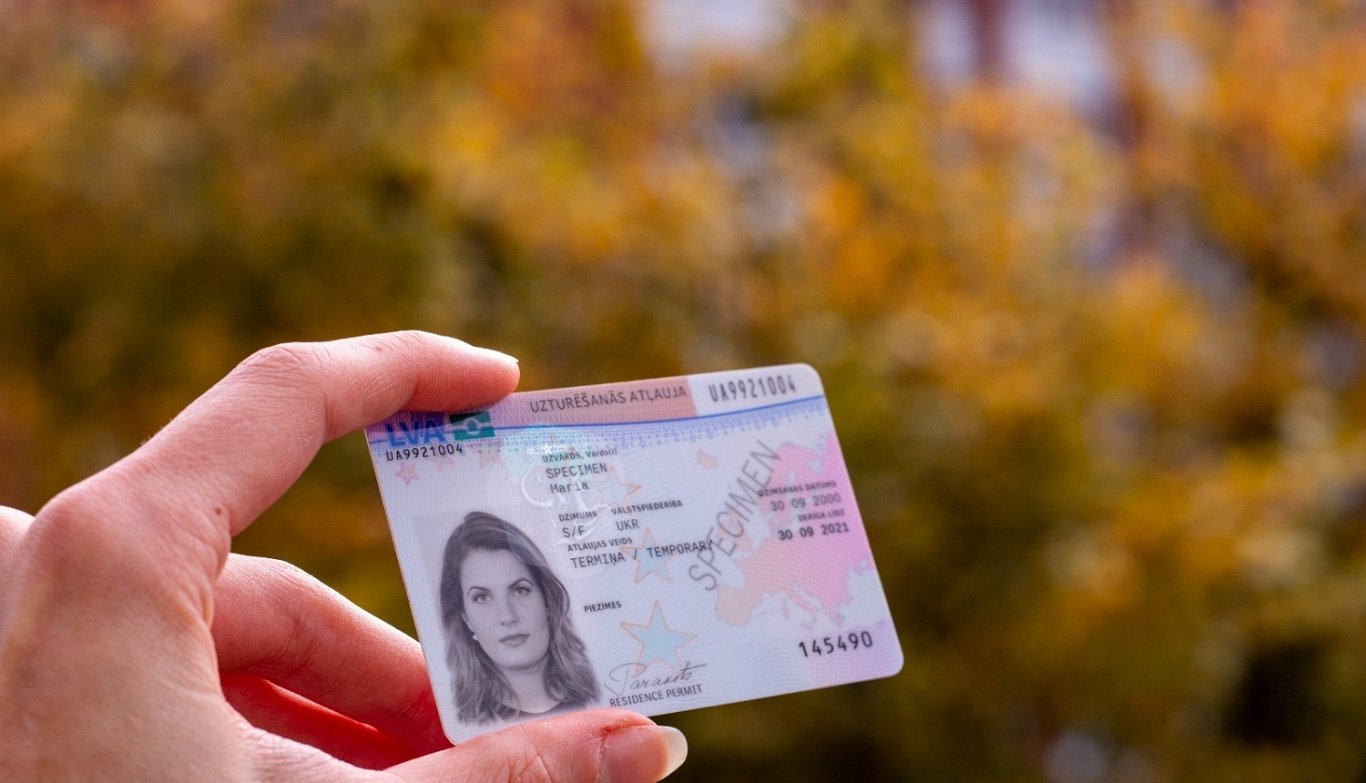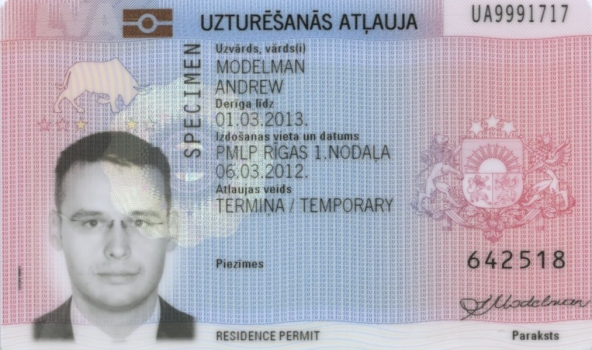Amendments to the Immigration Law provide that until June 30, 2023, the issuing of temporary residence permits to citizens of Russia and Belarus will be stopped, with the exception of persons who have stayed in Latvia for a long time, for example, former Latvian citizens or non-citizens who, due to lack of knowledge of the national language, do not qualify for a permanent residence permit or EU permanent resident status. Former students or researchers who want to continue staying in Latvia after the end of their studies or research project are also an exception.
Other exceptions will apply to persons who have been granted the right to employment in Latvia, who wish to continue staying in Latvia and for whom regular personal income tax payments have been made, as well as start-up business board members, who nevertheless may be subject to investigation by the competent national security authorities.
The changes in the Immigration Law provide that from now on Latvian citizens and non-citizens who become a citizen of another country but want to continue to stay in Latvia will have to pass the national language test and prove they possess regular and sufficient financial means to do so.
Unusually, the legal act also includes a retrospective element with a requirement to prove knowledge of the national language for former Latvian citizens and non-citizens who received permanent residence permits before the entry into force of this draft law. The requirement for proof of knowledge of the national language could apply to approximately 22,300 foreign citizens.
If the person in question cannot prove appropriate knowledge by presenting a document issued by the State Education and Content Center on compliance with the A2 level of knowledge of the national language, the person's permanent residence permit will be canceled and a temporary residence permit will be issued for one year only.
"With the entry into force of the legal act, the number of national language tests performed by the State Education and Content Center could increase, thus the issue of strengthening the capacity of the State Education and Content Center should be evaluated," said Minister of the Interior Kristaps Eklons.
The changes will likely have the greatest impact on people who have given up their Latvian citizenship or non-citizen status in exchange for a foreign citizenship, most often Russian citizenship, but who continue to live in Latvia without acquiring a basic proficiency in the language.
Earlier rules on the renewal of residence permits did come with stipulations about language proficiency, but the rigor applied to these rules was often questioned, as several high-profile cases showed. However, in future, those not making the grade will have their permanent residence status revoked and may ultimately have to leave the country unless they can be classed as exceptions to the rules.
In essence, if you give up your Latvian right of residence in order to take up citizenship of another state, you'd better be prepared to go and live there. The draft law will enter into force after its approval in the Saeima, where it might also be subject to amendment.





























